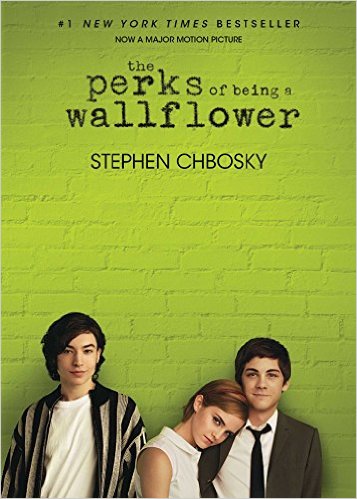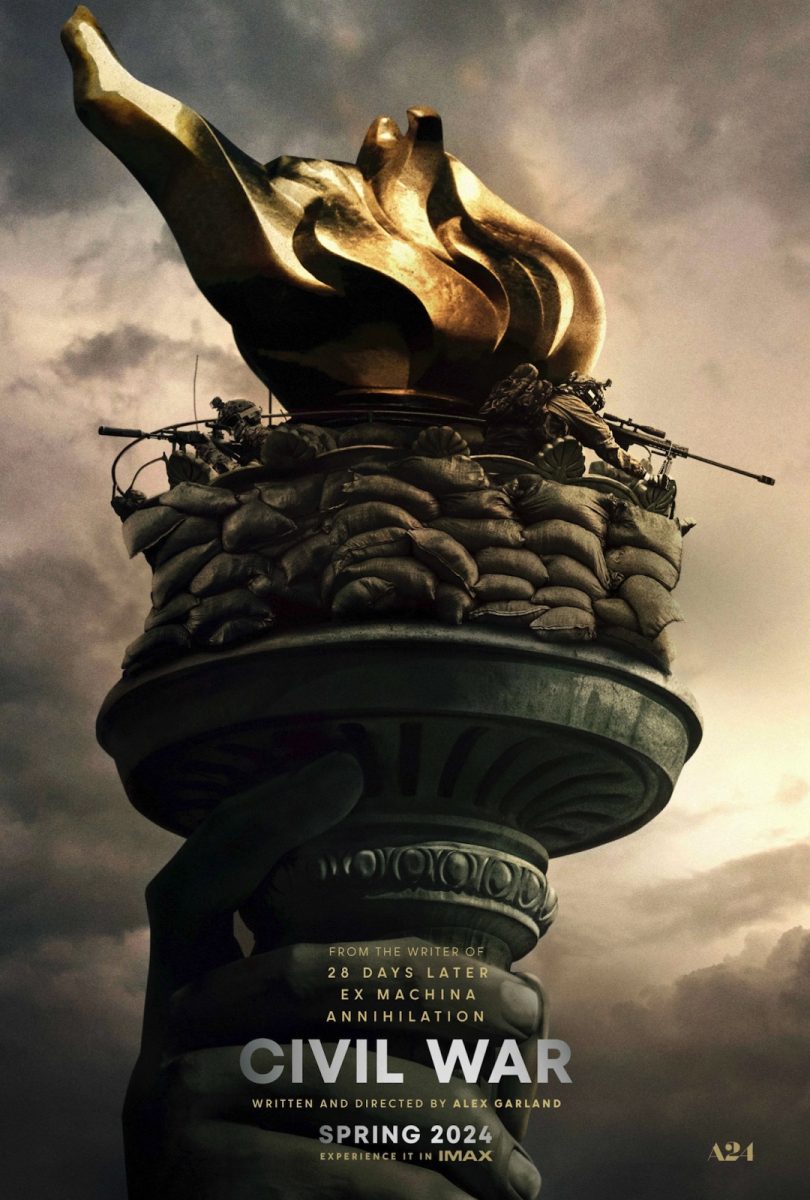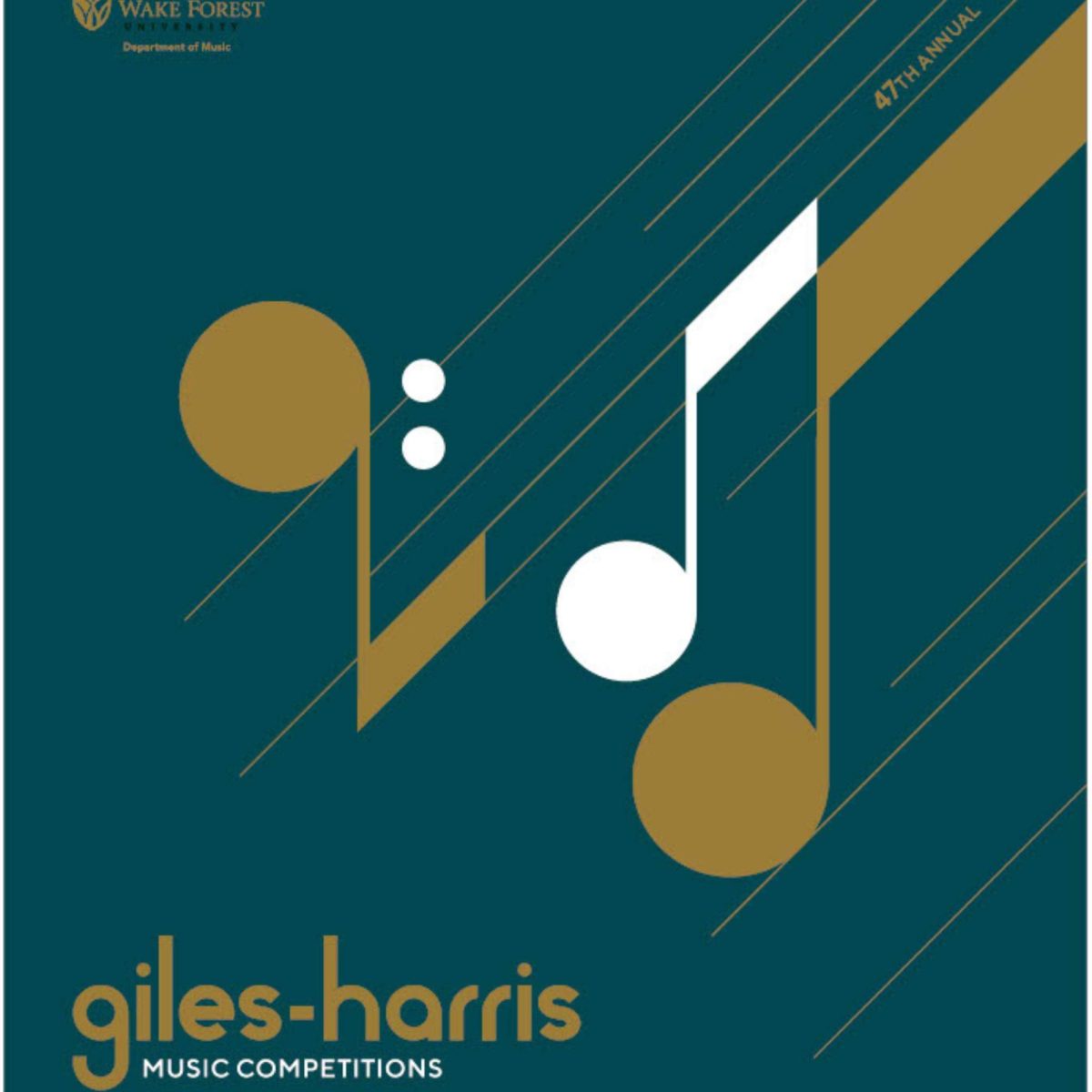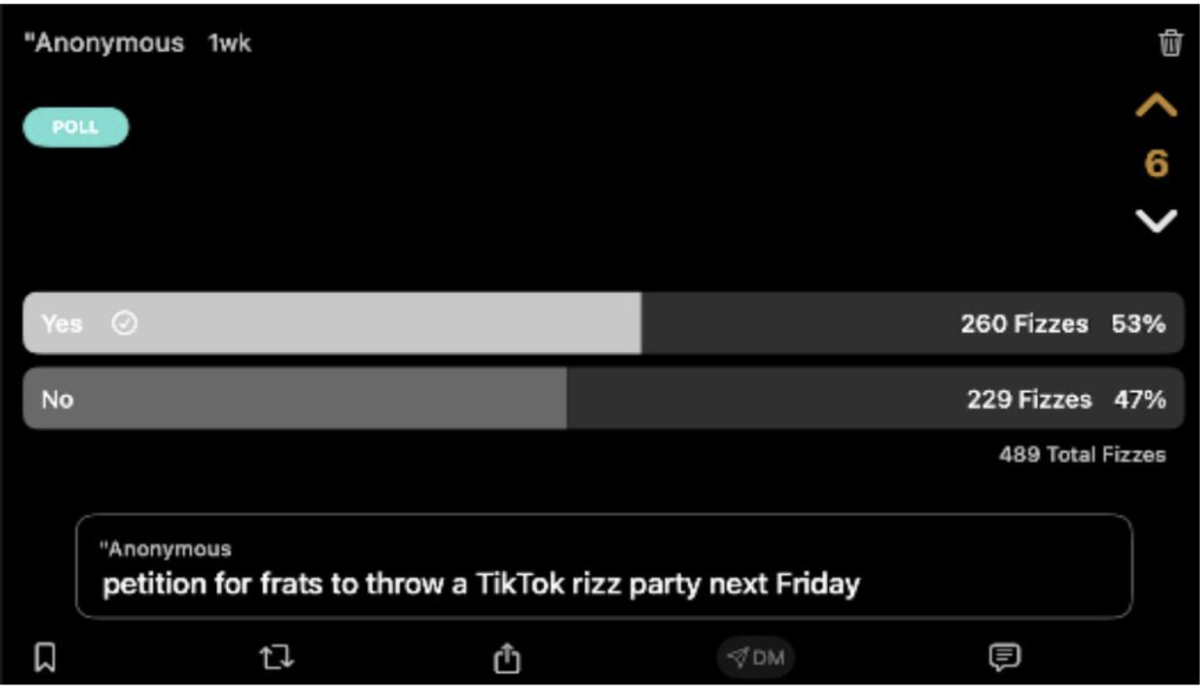On June 5, 2014, Slate writer Ruth Graham wrote a provocative article called, “Against YA.” The subheading said, “Read whatever you want. But you should feel embarrassed when what you’re reading was written for children.”
I beg to differ. If there is one thing young adult fiction readers should not feel, it’s shame. YA novels have shaped our society. From Harry Potter to The Book Thief to The Perks of Being a Wallflower, they have universal applicability, sophisticated prose and vivid stories that are not just kid stuff.
If you’re not quite sure what qualifies as a YA book (the definition is hazy), it generally refers to books written for 12 to 17 year olds. However, YA is reaching a far broader audience: A 2012 survey by a market research firm found that 55 percent of YA books are bought and read by people over 18. Last year, e-book sales for young adult books was up 117 percent as opposed to adult novels’ 42 percent.
After interning in the HarperTeen division at HarperCollins and in Penguin Young Readers at Penguin Random House, I have seen the breadth and wealth of today’s YA novels. They are skillfully woven, filled with infinite wisdom and bottom line: entertaining.
Young adult books are generally coming-of-age tales in which the protagonist learns lessons about identity and friendship, fear and faith, love and loss. Let’s face it: We never stop learning about these themes in our lives. Adults deal with the same topics on an even more dramatic scale. Everyone remember “those” years, and the YA genre lets readers revisit the emotions and experiences that shaped them and interpret the text through a more mature lens.
For example, novels written for young adults tend to have a love story. It may be a funny, scary or sad, but it’s refreshing to relive the passion and excitement (or awkwardness!) that accompanies young love. It serves as a reminder to have a youthful spirit and reignite romance.
Additionally, YA books have a purpose greater than entertainment. Harry Potter taught me the meaning of true friendship and its ability to withstand time and vast challenges. The Fault in our Stars taught me about sickness, loss and coping with grief. It inspired the belief that “some infinities are bigger than other infinities,” and that we should be grateful for every moment. The Hunger Games incited a desire to focus more on selflessness, perseverance and bravery. One of my favorites is Jandy Nelson’s I’ll Give You the Sun, which offers amazing insight into family, sexuality, art and wonder.
Additionally, just because a novel’s target audience is younger does not mean that the writing is lower quality. In fact, generally it is better. Books for teens are written with finesse. YA novels are seldom boring: they are meant to grab your attention and hold on to it. After all, young adult writers have to be at the top of their game. They are competing with Instagram, video games, iPads and TV shows.
Adult novels may ramble; YA doesn’t have time for that. The novels are shorter, so every word counts. I’m not saying that lyricism and density are bad, but sometimes we just aren’t feeling it. In YA, there is a simple writing style that can entertain and be interpreted by anyone regardless of age, ethnicity, gender identity or sexual orientation.
Reading is about escapism. Fiction transports us to a different world, somewhere we’ve never been before, or somewhere we’d like to revisit. As long as you’re reading a good book, you shouldn’t be thinking, “Oh shoot, I could be reading a more ‘mature’ book.”
If you’re enjoying a young adult novel, there’s no room for embarrassment.
C.S. Lewis, author of The Chronicles of Narnia series, said it best, “A children’s story that can only be enjoyed by children is not a good children’s story in the slightest.”







